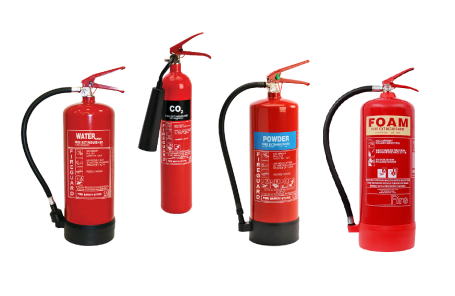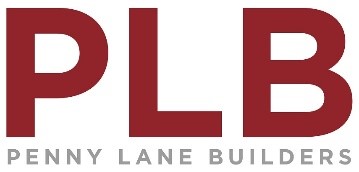ToolBox Talk Sheet
-
Toolbox Topic: Fire Extinguishers
-
Site
-
Date
-
Given by:
Information
-
There are several types of fire extinguishers to suit different types of fire. Use of the wrong extinguisher could cause more harm than good.
-
Importance.
In the event of a fire, quick thinking and action can stop the fire from getting out of control and save lives. You need to be able to quickly identify the fire type and the extinguisher needed. -
Guidance.
Types of fire
Class A: SOLIDS such as paper, wood, textiles, plastic etc
Class B: FLAMMABLE LIQUIDS such as paraffin, petrol, oil etc
Class C: FLAMMABLE GASES such as propane, butane, methane etc
Class D: METALS such as aluminium, magnesium, titanium etc
Class E: Fires involving ELECTRICAL APPARATUS
Class F: Cooking OIL & FAT etc -
Summary.
Knowing what type of extinguisher to use in an emergency could save your life, make sure you can identify the fire type and don’t fight a fire unless you are competent and it is safe to do so.
Questions
-
What are the 5 types of fire?
-
What type of extinguisher can you use on wood ?
-
What type of extinguisher can you use on petrol ?
-
What type of extinguisher can you use on electrical fires ?
Name & Sign
- Attendance:
-
Full Name and Signature
-
Full Name and Signature












